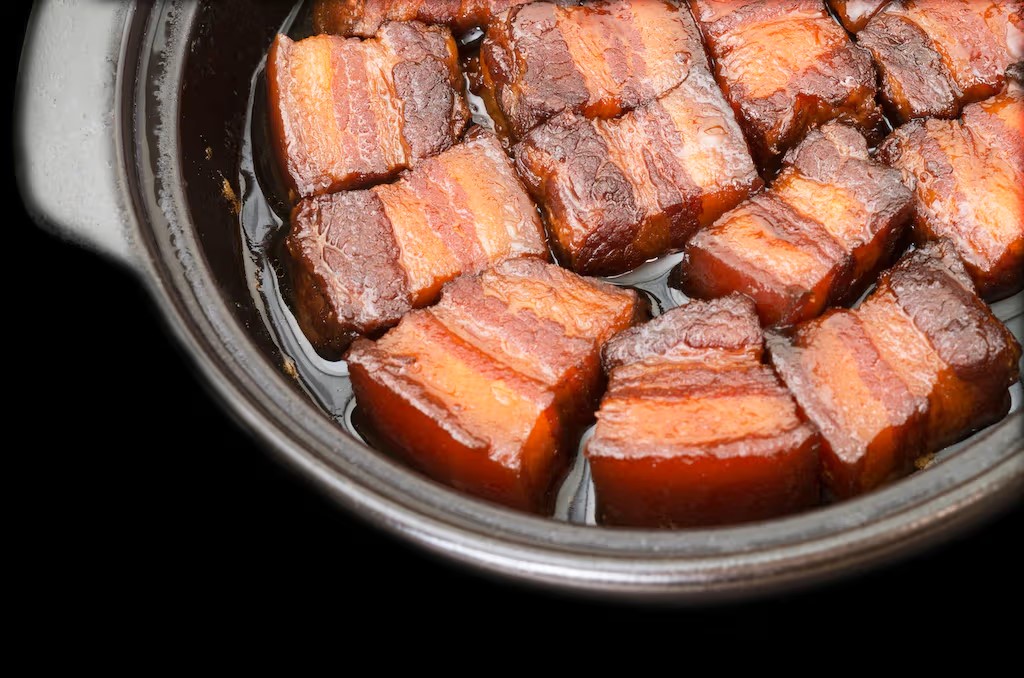Self-Renewing Pig Fat Cell Line from Roslin Institute Could Resolve Key Bottleneck in Cultivated Meat Sector
Researchers at the Roslin Institute, part of the University of Edinburgh, have developed a line of self-renewing pig fat cells that could support large-scale cultivated meat production by enabling consistent, efficient generation of fat tissue without genetic modification. The cells, designated as FaTTy, are derived from early-stage pig stem cells and exhibit the rare ability to both proliferate indefinitely and reliably differentiate into fat cells. This capacity addresses a long-standing …
Eight Companies Selected for UK’s First Cell-Cultivated Food Safety Programme
The UK Food Standards Agency (FSA) has selected eight companies to participate in a two-year regulatory programme focused on evaluating the safety of cell-cultivated products (CCPs). The initiative is funded by the Department of Science, Innovation and Technology’s Engineering Biology Sandbox Fund and will involve collaboration with academic institutions and industry representatives. The programme is designed to gather scientific evidence on the production and safety of CCPs, which will inform …
Japanese Scientists Develop Low-Cost Medium to Grow Muscle Cells Without Animal Serum
Japanese scientists have developed a new co-culturing system using rat cells and cyanobacteria to create a low-cost alternative to animal serum for cell growth. Fetal bovine serum has contamination risks and waste accumulation, and is very costly. In addition, it does not align with the promise of producing meat without killing animals. Rat liver cells can also secrete the proteins (growth factors) needed for muscle cell growth, providing a serum alternative …
NUS Researchers Use Sugar Cubes for Cheap, Scalable Production of Rye Scaffolds for Cultivated Meat
Large-scale production of edible scaffolds and effective culturing methods for fat tissues — both crucial for replicating the texture, flavor, and nutritional value of meat — remain a technical challenge for the commercialization of cultivated meat. Scaffolds provide structural support for cells to multiply and develop into tissues. But they are typically made from synthetic or animal-based materials, which are expensive and inedible. But a research team led by Professor …
Rostock University Explores Use of Stem Cells for Meat Cultivation with Help from Innocent Meat
Rostock University Medical Centre in Germany is involved in research into cultivated meat in order to strengthen sustainable production and reduce agricultural emissions. The research project is being funded by the Federal Ministry of Food and Agriculture as part of the innovation funding programme until 2025. The Clinic and Polyclinic for Cardiac Surgery, the Research Laboratory for Biomechanics and Implant Technology and the Orthopaedic Clinic and Polyclinic at Rostock University …
CellTec Systems: “Whether it is Slaughtered or Cultured Meat Will Probably Make No Difference to the Consumer in Terms of Sensory Experience”
The Lübeck-based company CellTec Systems sees itself as the first German full-service provider for industrial cell production. Anyone wanting to get into cellular agriculture can obtain all the building blocks for production here: Cells, nutrient solution, bioreactors, and even training and consultancy services. What makes the company, which is a spin-off of the Fraunhofer-Gesellschaft and the University of Lübeck, so special is its 25 years of expertise in cell cultivation. …
New Scientific Review by Mosa Meat Discusses Challenges in Cell Biology for Cultivated Meat
A new scientific review, Advances and Challenges in Cell Biology for Cultured Meat, by the Cell Biology team at Dutch biotech company Mosa Meat, highlights the importance of a detailed understanding and accurate manipulation of cell biology in designing cultivated meat bioprocesses. Despite significant interest and breakthroughs in the field, the paper argues that numerous challenges remain at all stages of biomanufacturing, including the cell biology process. To shed light on …
These Italian Researchers Are Developing Chicken Meat From a Feather
Researchers from an Italian university are studying how to obtain chicken meat from a feather. The project taking place via professors Luciano Conti and Stefano Maria Biressi at the University of Trento was assigned and financed by the Italian Save the Chickens Foundation, which contacts vegconomist with the news. Researcher Nike Schiavo, MSc Biotechnology, is overseeing the experiments for the project and is currently completing the draft report, according to …
Fermented Onions Unlock Natural ‘Meaty’ Flavors in Plant-Based Alternatives
Plant-based meat alternatives have gained popularity among consumers seeking to reduce their meat consumption. However, replicating the savory flavors and aromas of traditional meat has posed a significant challenge, often requiring the use of synthetic additives. A recent study published in the ACS’ Journal of Agricultural and Food Chemistry, a nonprofit organization chartered by the US Congress, presents a promising solution: the fermentation of onions, chives, and leeks with common …
European Innovation Council Funds Solar Foods-Led Consortium Creating Milk Protein from CO2 and Electricity
From over 400 contesting teams, a research consortium led by Finnish company Solar Foods to produce sustainable milk protein from CO2 and electricity has been selected by the European Innovation Council’s Pathfinder Challenge 2022. The challenge, which seeks cutting-edge research projects that could achieve breakthroughs in their respective fields, will invest €5.5 million in the consortium’s four-year HYDROCOW project. Solar Foods will work with the University of Groningen, RWTH Aachen University, and FGen …










